LOGISTICS OF THE FUTURE
Until a few years ago, logistics was all about globalisation. More goods, more frequent deliveries, worldwide shipping in the shortest possible time. Supply chains circled the globe and, with a few exceptions, functioned smoothly. With climate change becoming ever more pressing, and pandemic- and war-related disruptions in supply chains, previous priorities are coming into question. This poses considerable challenges for logistics. How to bestrespond, and even turn them into opportunities? Read on to see what I propose.
AUTONOMOUS VEHICLES
Driverless means of transport will enable even tighter cycles, both within companies and for delivery carriers. At the same time, transport times will be reduced on many routes, as driving time restrictions will be less of an issue.
DIGITALISATION AND DATA MINING
Consumption-optimised vehicle controls, and data-based maintenance instead of fixed maintenance intervals, offer savings potential and thus a key competitive advantage. Automated route and load planning enables even more efficient utilisation of transport capacities – plus more flexibility for changes at short notice.
E- MOBILITY
The increasing prevalence of electric and hybrid drives,together with ever-stricteremission guidelines, enables considerable CO2 savings. But e-mobility also entails additional investment costs and a new approach to fleet management.
TECHNICAL TRENDS
ECONOMIC TRENDS
E-COMMERCE
The trend towards doorstep delivery has been reinforced by Covid-19. The development of efficient, yet both socially and environmentally sustainable transport solutions for the last mile will be one of the major challenges in the coming years.
DIGITAL FREIGHT PLATFORM
(DFP) DFPs offer manufacturers, suppliers, forwarders, and customers new ways of interacting directly. They represent a challenge that should not be underestimated, and to which large international forwarding companies must respond.
SOCIAL TRENDS
URBANISATION
Worldwide, rapidly advancing urbanisation, together with the aforementioned effects of e-commerce, demand additionalsmall, short-distance transports. If you can realise these while saving both emissions and space, you create the basis for an extremely profitable market entry.
SUSTAINABLE LOGISTICS
CO2 neutrality does not start with low-emission vehicles, but with packaging and optimised use of the loading area. In the near future, innovative approaches in this area will be a decisive competitive factor.
SUPPLY CHAIN LEGISLATION
Since the 2010s, calls for fair employment, sustainable production, and the elimination of child labour along global production and supply chains have led to a fundamentally expanded understanding of responsibility. Supply chain laws are already being deliberated in many EU countries. Monitoring and demonstrating consistent compliance with all standards will be oneof the essentialtasks of logistics in the coming decade.





